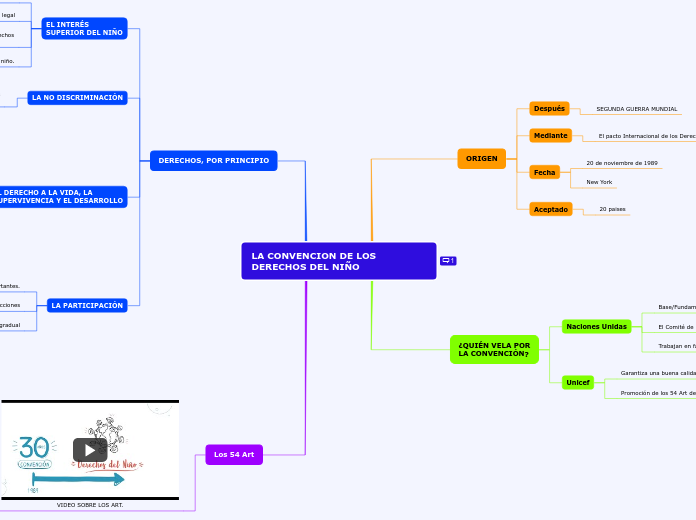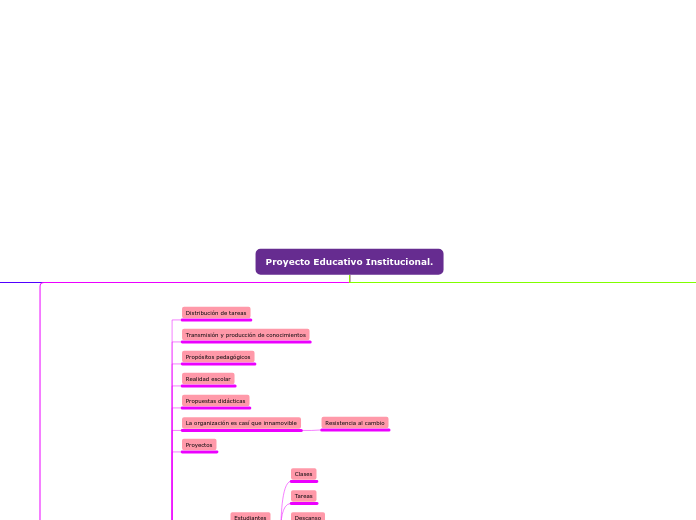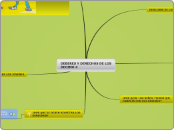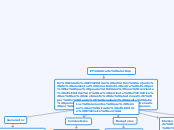LA CONVENCION DE LOS DERECHOS DEL NIÑO
In linguistics, syntax is the set of rules, principles, and processes that govern the structure of sentences in a given language, usually including word order.
"el niño, por su falta de madurez física y mental, necesita protección y cuidado
especiales, incluso la debida protección legal, tanto antes como después del nacimiento"
Los 54 Art
A compound sentence is a sentence that has at least two independent clauses joined by a comma, semicolon or conjunction. An independent clause is a clause that has a subject and verb and forms a complete thought.
VIDEO SOBRE LOS ART.
DERECHOS, POR PRINCIPIO
A complex sentence is a sentence that contains an independent clause and one or more dependent clauses.
An independent clause can stand alone as a sentence, but a dependent clause even though it has a subject and a verb cannot stand alone.
LA PARTICIPACIÓN
An appositive clause follows another noun or noun phrase in apposition to it; that is, it provides information that further identifies or defines it.
En un sentido gradual
Con ciertas restricciones
Las opiniones de los niños son importantes.
EL DERECHO A LA VIDA, LA
SUPERVIVENCIA Y EL DESARROLLO
The subject clause is a dependent clause that acts as a subject.
Goce de sus derechos
Alimentación
A la recreación
Informacion sobre sus derechos
A LA VIDA
A una Nacionalidad
Educación
Calidad de vida del niño
LA NO DISCRIMINACIÓN
The object clause is a phrase on which a verb performs an action. It falls at the end of a sentence, and is governed by a verb or a preposition.
Todos los niños y niñas tienen los mismos
derechos.
Sin excepciones
En todo momento y lugar
EL INTERÉS
SUPERIOR DEL NIÑO
A predicative clause may be introduced by conjunctions - that, whether, whether... or, as, as if, as though, because, lest, the way - or connectives.
The latter may be conjunctive pronouns - who, whoever, what, whatever, which - or conjunctive adverbs - where, wherever, when, whenever, how, why.
Garantías para desarrollo integral del niño.
Las decisiones de los adultos no deben perjudicar los Derechos de Niño.
Proteccion legal
Se da prioridad al niño.
¿QUIÉN VELA POR
LA CONVENCIÓN?
Unicef
See the example below and try to create your own simple sentences.
Tim drives the car.
Promoción de los 54 Art de la CDN
Garantiza una buena calidad de vida para los niños
Naciones Unidas
See the example below and try to create your own simple sentences.
Tim drives.
Trabajan en favor de la Paz y el Desarrollo
El Comité de los Derechos del Niño
Base/Fundamento
Bienestar de todos los pueblo
Dignidad humana
Principios de justicia
ORIGEN
Aceptado
The predicative is defined as an adjective or noun forming or contained in the predicate.
Its main trait is that it serves to express a property that is assigned to a 'subject'.
For e.g.: The dog is old.
20 paises
Fecha
Traditional grammar defines the object in a sentence as the entity that is acted upon by the subject.
New York
The indirect object identifies the person/thing for whom/which the action of the verb is performed.
The indirect object is usually a person or a thing.
20 de noviembre de 1989
The direct object is the receiver of the action mentioned in the sentence.
Mediante
The predicate of a sentence is the part that modifies the subject in some way. Because the subject is the person, place, or thing that a sentence is about, the predicate must contain a verb explaining what the subject does and can also include a modifier.
El pacto Internacional de los Derechos Humanos
Después
The subject of a sentence is the person, place, thing, or idea that is doing or being something. You can find the subject of a sentence if you can find the verb.
Ask the question, 'Who or what 'verbs' or 'verbed'?' and the answer to that question is the subject.
SEGUNDA GUERRA MUNDIAL









